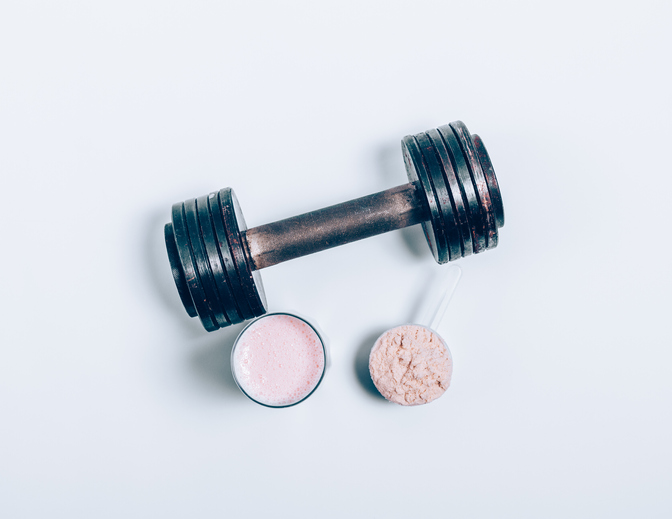Protein has never been more popular, and rightly so, as it offers a host of health benefits for everyone. With the rise of protein-packed products hitting our shelves, people are consuming more of it than ever before, with not just fitness enthusiasts buying into the market. To debunk the myths around this incredibly popular food group, we caught up with nutritionist, Ruth Tongue from FOGA, who shares her do’s and don’ts:
Do get your protein from a range of sources
To ensure your body makes the most of the protein you consume, it is important to get your intake from a variety of sources. By doing this, you are allowing yourself to take advantage of the various benefits that different sources have to offer. In the modern world, it is now easier than ever to incorporate a variety of protein sources into your diet as they are so readily available, from beans, nuts and seeds to high quality animal sources, such as meat and organic non-farmed fish.
Do spread your protein intake out throughout the day
Numerous studies have highlighted the benefits of consuming protein throughout the day and people are now encouraged to have good quality protein with every meal, which is a huge contrast to previous generations when protein sources were only consumed at dinner time.
By spreading your protein intake throughout the day, your body will be able to sustain energy, while keeping hunger levels at bay. This is done by slowing down the release of carbohydrates into sugar in your bloodstream. Spreading your intake out will also mean that you’ll be able to absorb the protein as you can only absorb 1.3g to 10g an hour.
Don’t over-consume ‘fake’ protein
Like everything, it is best to get your protein from foods that are as unprocessed and as ‘real’ as possible. The reason for this is because ‘fake’ protein is often disguised with various kinds of additives to make up for the taste. I would recommend opting for naturally protein rich foods like peas, beans, lentils, wholegrains, nuts and seeds as much as you can, and incorporating as much fish, lean high-quality meat, eggs and dairy into your diet as possible.
Don’t be fooled
A lot of well-established brands have recognised the popularity of protein products and have reacted to this by including more protein in their product portfolios. However, it is important to be aware that just because something has ‘PROTEIN’ in big capital letters on the packaging, it does not mean that it is a healthy alternative. Often, processed foods are pitched as protein sources but are still packed with the common culprits readily found in highly processed foods, such as sugar, salt, cheap fats and tons of preservatives.
If you’re looking for a protein-packed breakfast, try this quinoa and berry porridge to help power you through your morning.





















